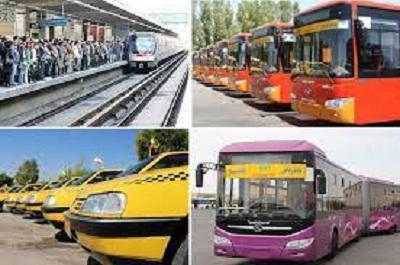
Tehran’s Public Transport Embarks on a Major Modernization Drive
In a significant move to revitalize urban mobility, Iranian officials have announced the resumption of major public transportation fleet renewal projects. The initiative, which also includes the electrification of aging motorcycles, marks a renewed commitment to upgrading the country’s infrastructure.
Funding a Modern Fleet Through Innovative Means
Mohammad Sadegh Azimi-Far, a deputy oil minister, detailed that the financial backing for these extensive modernization plans will be secured through a novel approach: Oil and Gas Savings Bonds. This method of funding represents a strategic shift to ensure the project’s sustainability and gradual implementation, breathing new life into Tehran’s buses and taxis after a multi-year hiatus.
Bolstering Domestic Fuel Production and Quality
The announcement was made on the sidelines of the official inauguration of environmental projects at the Isfahan refinery. The official further elaborated on broader energy sector developments, emphasizing the nation’s focus on enhancing the quality and quantity of domestic fuel production.
Over the past year, strategic enhancements to existing refineries and the activation of new quality improvement units have successfully increased daily production by approximately 5 million liters of gasoline and 5 million liters of gas oil. This push for self-sufficiency is set to continue with the upcoming operational launch of the 60,000-barrel Kongan Refinery and the 120,000-barrel Bandar Abbas Refinery in the coming months, which will substantially boost national refining capacity.
Strengthening National Infrastructure for Distribution
To support the distribution of these resources, significant investments have been made in the country’s logistical network. Officials highlighted the recent commissioning of 800 kilometers of new pipelines for transferring petroleum products and crude oil from the south to the north of the country. This critical infrastructure project, representing an investment of approximately 740 million Euros, ensures a more efficient and reliable supply chain nationwide.
A Multi-Faceted Strategy for a Balanced Market
While acknowledging that direct responsibility for fuel consumption optimization lies with other relevant bodies, the Oil Ministry has actively pursued a multi-pronged strategy. This includes not only boosting production and modernizing distribution but also reviving the transportation fleet renewal program and promoting fuel diversification. These measures are designed to comprehensively address the balance between national production and consumption, ensuring a stable and efficient energy sector.


